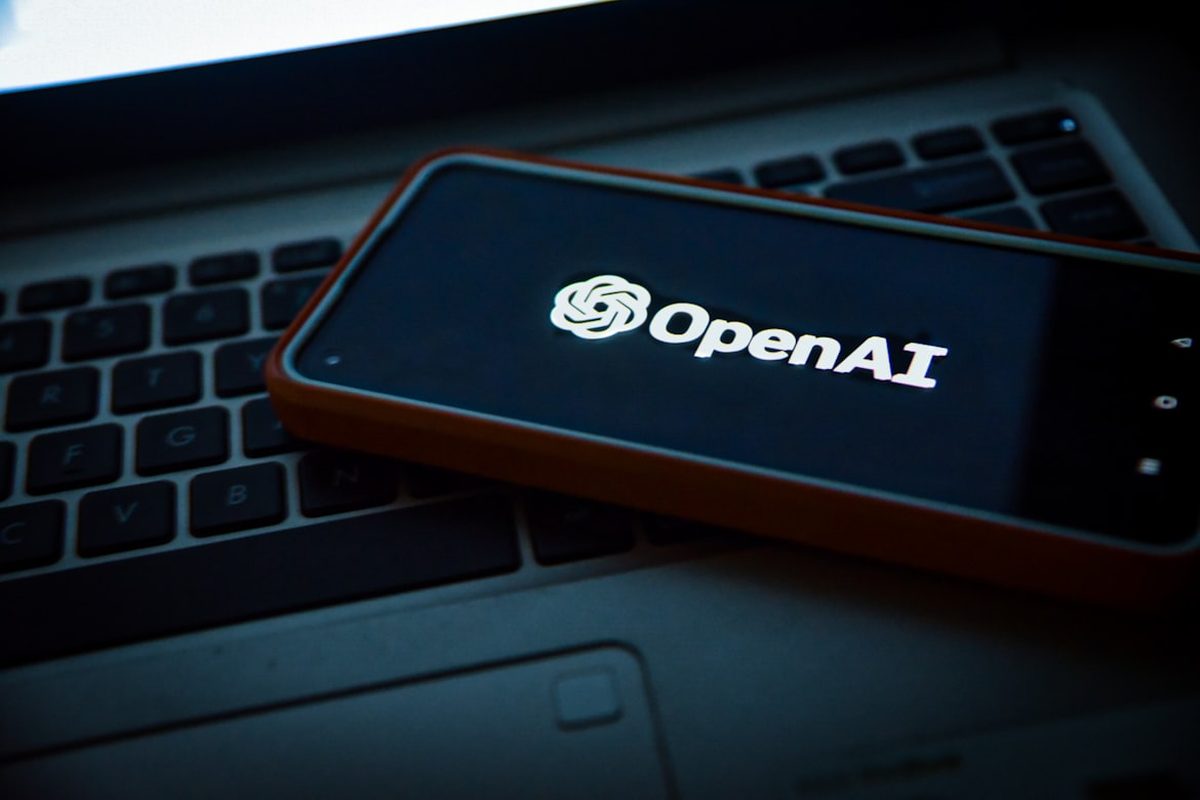OpenAI, the company behind ChatGPT, has partnered with legendary former Apple designer Jony Ive to create a groundbreaking AI hardware device, but the project is encountering significant hurdles.
According to recent reports, the collaboration aims to develop a screenless, palm-sized personal assistant that could redefine how we interact with technology, with a potential release targeted for 2026.
Technical Roadblocks in AI Hardware Development
The project faces critical challenges, including difficulties in securing the immense computing power required to run advanced AI models at scale on a compact device.
Additionally, software development and infrastructure issues are stalling progress, as OpenAI struggles to define the device’s user interaction framework and ensure seamless functionality.
Historical Context of Jony Ive’s Design Legacy
Jony Ive, known for his iconic designs of the iPhone and MacBook during his tenure at Apple, brings a wealth of expertise to this venture, raising expectations for a visually stunning and user-friendly product.
His past innovations have often set industry standards, and this collaboration with OpenAI marks a significant shift towards integrating AI with minimalist hardware design.
Potential Impact on the Tech Industry
If successful, this device could challenge existing paradigms, offering a new way to access AI without reliance on traditional screens, potentially impacting smartphone and wearable markets.
The screenless design, which reportedly uses cameras and microphones to interpret real-world cues, could pave the way for more intuitive, voice-first interactions in everyday life.
Future Prospects and Challenges Ahead
Despite the setbacks, the partnership holds promise for creating a device that prioritizes privacy and personality in AI interactions, though these aspects remain unresolved according to industry sources.
The tech community is watching closely, as a delay in launch could allow competitors to catch up in the race for AI-powered hardware innovations.
Ultimately, the success of this project may hinge on OpenAI’s ability to overcome these technical barriers and deliver a product that matches the high expectations set by Ive’s design legacy and OpenAI’s AI prowess.
As development continues, the collaboration between OpenAI and Jony Ive remains a closely guarded secret, with further details likely to emerge closer to the anticipated 2026 release window.


 Alfred Lee
Alfred Lee



